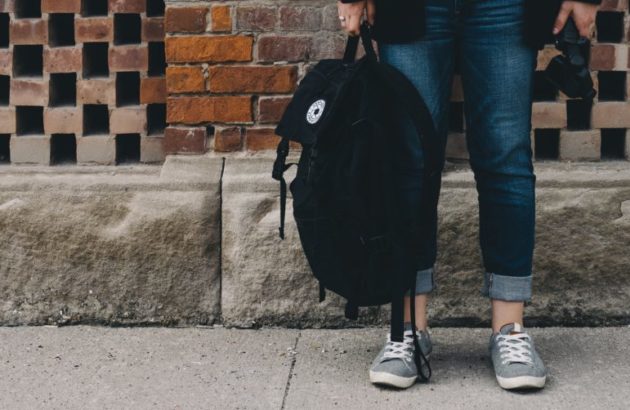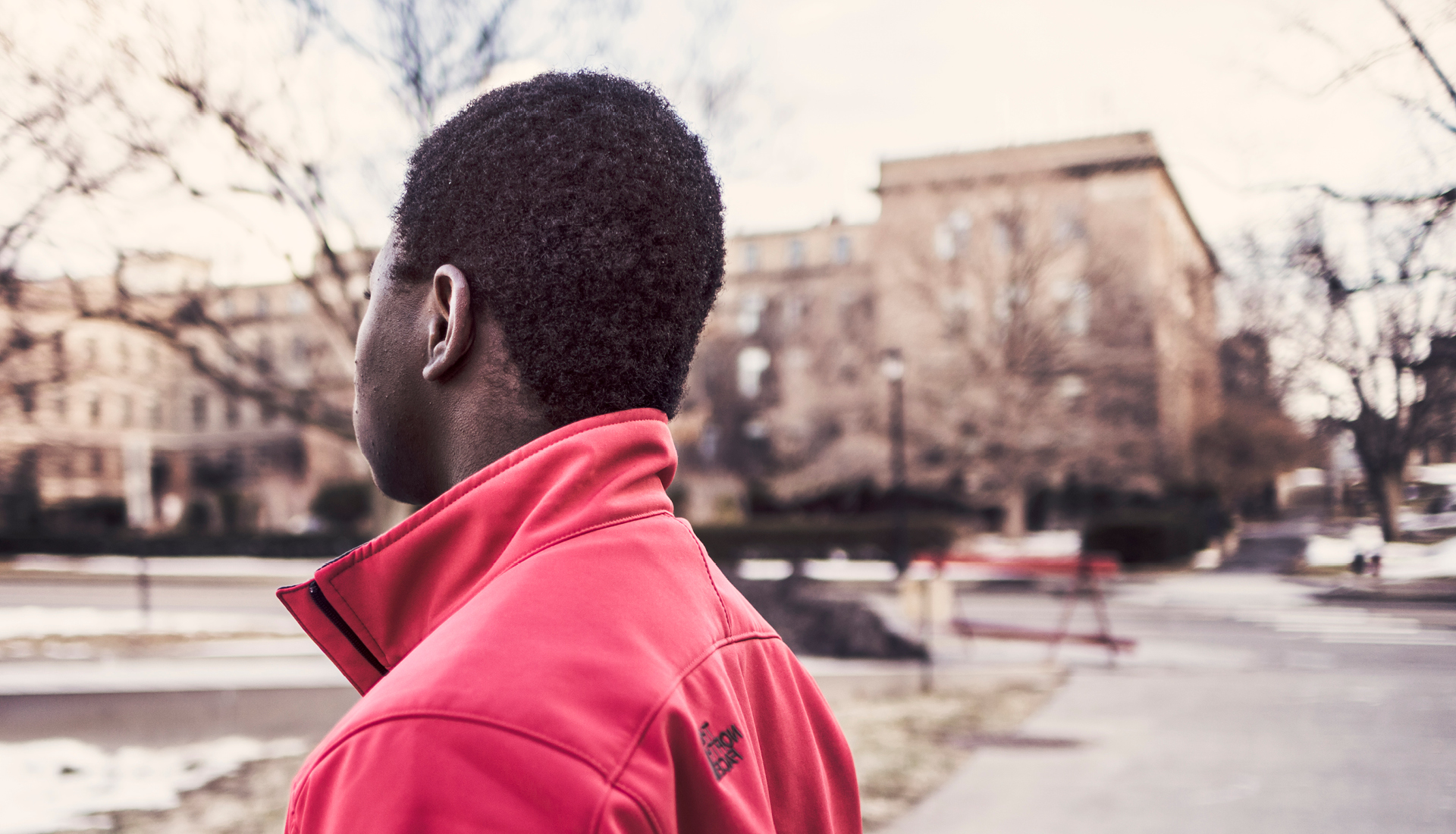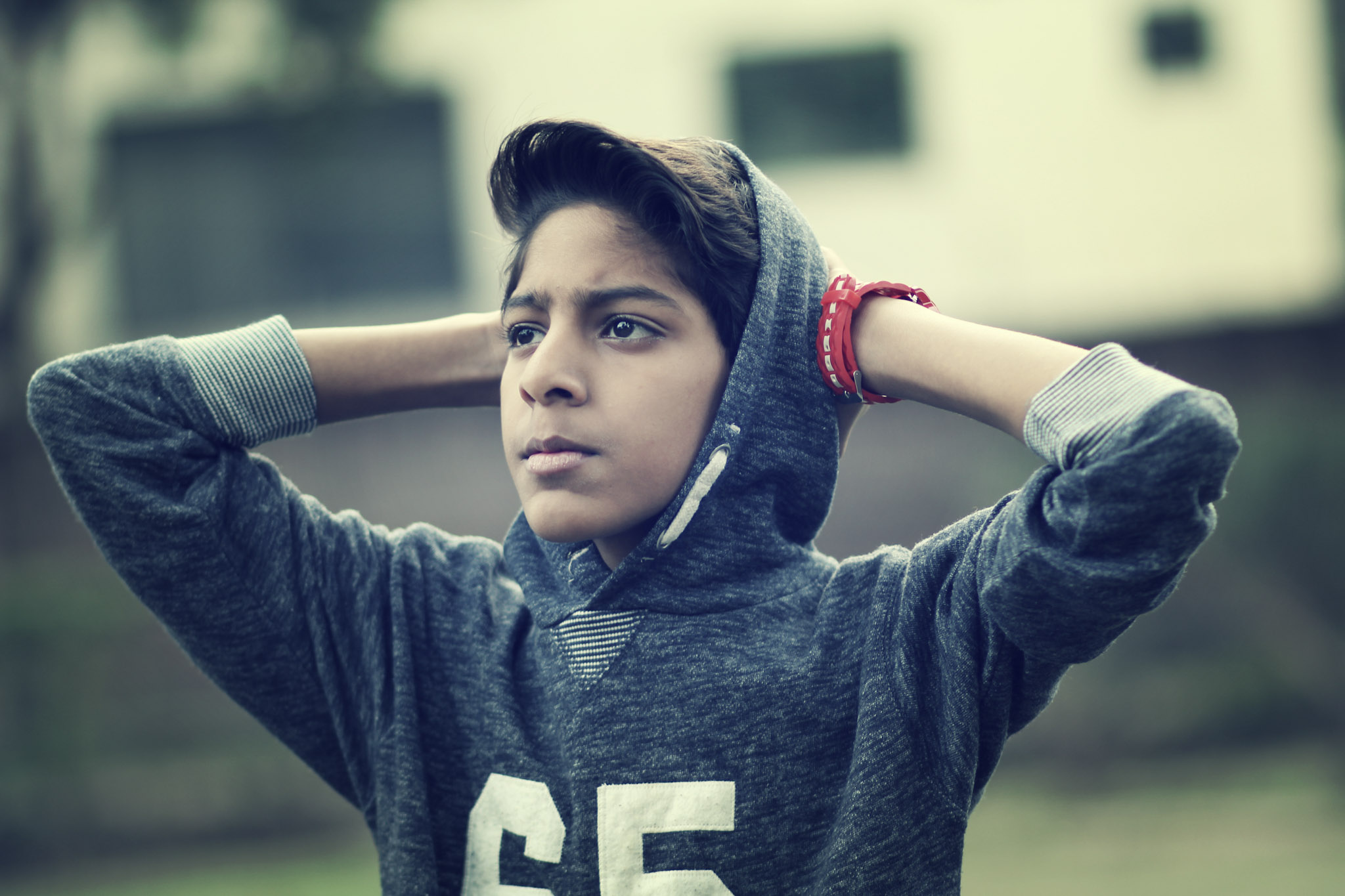
Sometimes it can be difficult to spot the signs of CSE, but if you or someone you know has been asked to do sexual things in return for something then they may have been sexually exploited, even if the person who did it was a friend, boyfriend or girlfriend.

Real Experiences, Real People
Recognising if you are being exploited in your friendship or relationship is difficult but if you can identify the signs, there is help available. Four young people share their stories.
Read the stories


About us
Listen to My Story has been developed by Merseyside Police, local councils, safeguarding children boards and third sector agencies throughout the Merseyside area to raise awareness of child sexual expolitation (CSE) and to educate our communities about the signs and vulnerabilities of CSE.
Organisations involved in this campaign include:
Merseyside Police, Merseyside Police and Crime Commissioner, Liverpool City Council, Knowsley Council, Sefton Council, St Helens Council, Wirral Council, Local Safeguarding Children’s Boards in Merseyside, North West Ambulance Service, Pan Merseyside NHS Clinical Commissioning groups, Pan Merseyside NHS Community Care Centres, Pan Merseyside NHS Trusts, Local GP’s.
Organisations
To report CSE call Merseyside Police on 101 or Crimestoppers anonymously on 0800 555 111. In an emergency dial 999.
To report CSE call Merseyside Police on 101 or Crimestoppers anonymously on 0800 555 111. In an emergency dial 999.



